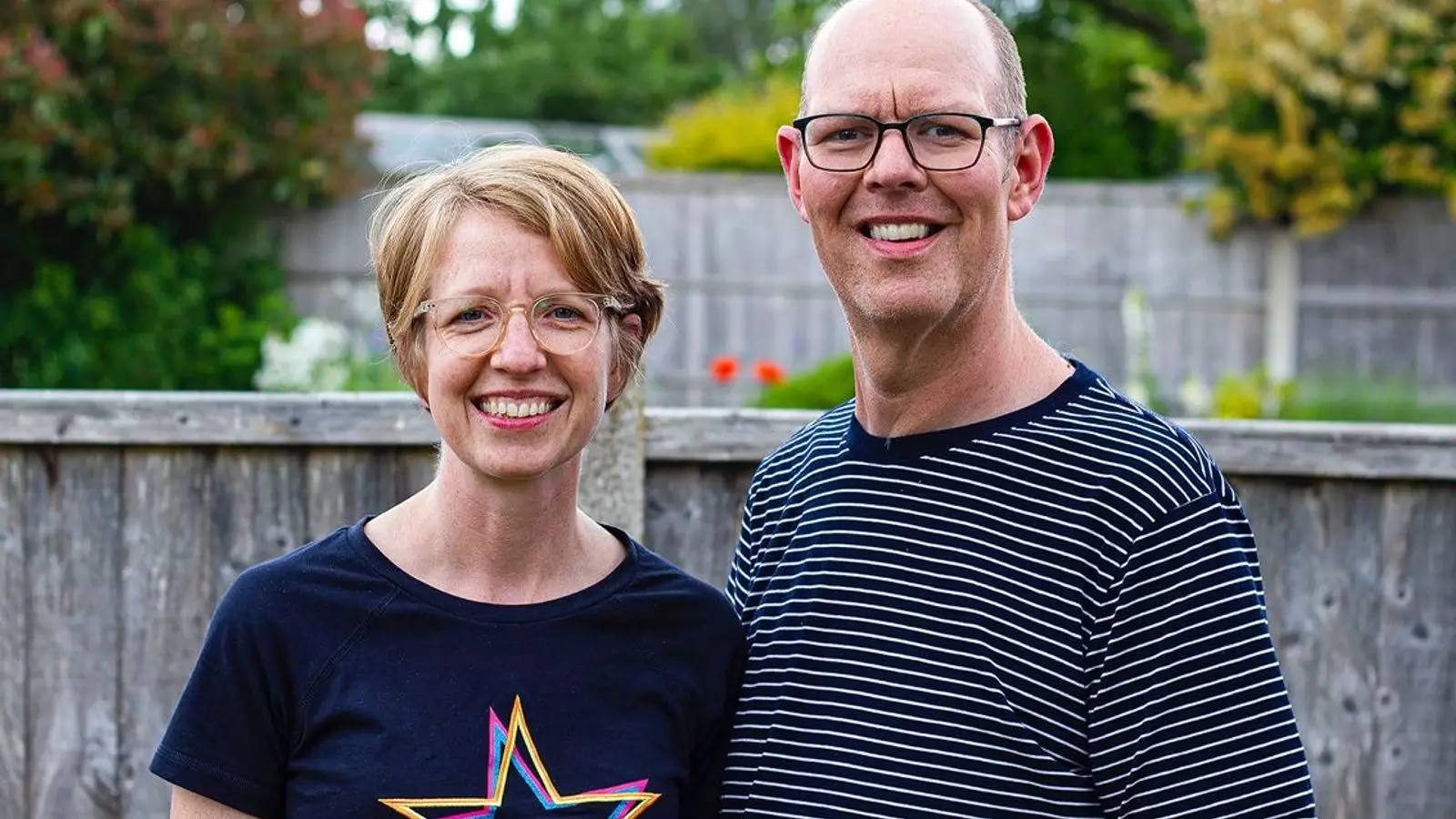In a heartbreaking turn of events, Chris Marriott, a man known for his kindness and Christian faith, lost his life not through natural causes or accident, but as a result of reckless violence fueled by family disputes and community tensions. Marriott’s death was not merely a tragic accident but a devastating consequence of a chaotic wedding confrontation that spiraled out of control. His act of kindness—trying to assist a fallen family member—should have been a testament to his compassionate character. Instead, it became the tragic scene of his life being violently cut short. This incident exemplifies how societal fractures—family conflicts, cultural clashes, and unchecked anger—can erupt into violence with fatal consequences.
The Horrors of a Family Feud Turned Violent
The disorder at Hassan Jhangur’s sister’s wedding was a catalyst for chaos, showcasing how communal disputes can quickly escalate into life-threatening violence. The event, initially a celebration, transformed into a battleground after familial disagreements over wedding arrangements and personal slights ignited a street fight. The key figures, including Jhangur’s own family members, contributed to the violence, illustrating how unresolved conflicts left unaddressed can poison a community. The fact that Jhangur’s car was used as a weapon—deliberately driven into innocent bystanders—exposes the depth of moral degradation in such situations. Violence, when cloaked in cultural or familial pride, becomes normalized, and the line between retaliation and recklessness is blurred, with devastating human cost.
Judicial Response: A Flawed System’s Half-Measure
While Jhangur was ultimately convicted of murder, the process laid bare the complicated and often insincere nature of justice in cases involving family violence and community disputes. His guilty plea for dangerous driving reflects a legal system that tends to minimize the severity of the intent behind such reckless acts. The fact that Jhangur stabbed Hasan Khan after deliberately running over multiple people demonstrates clear malice, yet the conviction of murder—despite the jury’s majority—feels like a partial victory. The leniency inherent in criminal justice, especially in cases intertwined with cultural and familial tensions, often results in sentences that fall short of addressing the true gravity of the violence inflicted. Jhangur’s apparent bravado—his boast “that’s why you don’t mess with the Jhangurs”—underscores a societal issue: when communities harbor young men with such brazen attitudes, justice is often perceived as insufficiently deterrent.
Society’s Need for Greater Accountability and Reflection
The broader implications of this case point to a society that tolerates, or at least fails to adequately confront, the roots of community violence. Family disputes are routinely dismissed as private matters, yet they often evolve into public spectacles of brutality. There is a dissonance in how such violence is processed culturally—commendations for forgiveness and understanding are often overshadowed by calls for harsh punishment after tragic events occur. It’s a reminder that systems of justice, community reintegration policies, and social interventions must be re-evaluated—why do young men like Jhangur feel emboldened to threaten and harm others? The criminal justice system’s response, while necessary, often focuses on punishment rather than addressing societal factors such as cultural pressures, lack of community support, and failure of mental health and conflict resolution services.
A Glimpse Into Societal Fault Lines and the Path Forward
What this case illustrates most starkly is the urgent need for a nuanced approach that recognizes the complex web of influences creating such violence. Relying solely on punitive measures without addressing the underlying issues—such as social alienation, family breakdown, and cultural misunderstandings—perpetuates a cycle of tragedy. Society must question its tolerance for violence disguised as honor or family pride, and demand more proactive intervention. Community programs fostering dialogue, conflict resolution, and mental health awareness are crucial in preventing future tragedies. Only by acknowledging the imperfections and biases within our justice and social systems can we hope to build a future where acts of kindness and safety don’t end in senseless loss but stand as testament to a society that values genuine compassion over revenge and unchecked anger.


Leave a Reply